Got a question about toilet-training? Here, we answer some of the most common ones to make getting her on the toilet easy and fast. There are also some great toilet training products available to get you started.
Do pull-ups or training pants help or hurt with toilet training?
That really depends on who you talk to. Many parents swear by pull-ups as a transitional solution in toilet training. They say they cut down on mess, and contribute to a child’s sense of independence because they can pull them up and down (although they can rip) when they need the bathroom. Some parents put them on their child at night for night time toilet use so they feel more like undies and less like nappies. They’re also handy for car trips and sleepovers.
Is it OK to skip the potty and go right to the toilet?
Of course! It really depends on what works for your child – and for you. Some kids find the size and accessibility of the potty is more convenient and inviting. Others never really take to it and want to go right onto the toilet – just like an adult. If your child does go right to the toilet, you may want to buy him a little potty ring, just to make it more comfortable. But even that’s really not totally necessary – when it comes to toilet training, there are few wrong answers and many right ones. Just follow your child’s lead.
Is there a difference between toilet training for boys and girls?
Well, yes and no. It’s often said that girls are toilet-trained quicker than boys, but there’s no real evidence for this. Instead, you should take into account your child’s temperament and interest level. Although boys will eventually wee standing up, initially, many experts (and parents) recommend teaching them to wee sitting down (he has enough to worry about without learning to aim and do you really need more to clean up at this point?). That said, there are a few differences; girls need to be taught to wipe themselves from front to back, to prevent the risk of infection. And boys who sit, need to be taught to direct their penis into the bowl.
When do kids start to wipe themselves?
Every child is different. Some need help wiping their bottom for a few years, while others get the hang of it within weeks of being toilet-trained. Be patient, and try to teach them as you go (handing them toilet paper, and making sure the roll is within easy reach). Boys obviously don’t have to wipe themselves when they have a wee but girls do. Girls should always be taught to wipe front to back to prevent infection.
Worried about your child wiping himself after a poo? A good way is to hand him the toilet paper, place your hand over his and guide him until he gets the hang of it. Tell him to check the toilet paper to see if it’s clean, and if not, get a new piece of paper and wipe again. Once it comes out clean after wiping, he’s done. Make sure you tell him to flush and wash his hands!
Rewards, are they good or bad?
That’s a tricky one. Some parents contend that rewards are the only way to go; whether it’s stars on a chart or lollies.But others believe that motivation to use the bathroom must come from within and it’s a slippery expensive slope to get into the habit of rewarding. Certainly, praise for successes is a good thing. Punishment for toilet accidents and near misses is not.
What do I do if my child goes to daycare and we’re in the middle of toilet-training?
Just tell your child’s carers what you’re doing and usually they’re really sympathetic. But sometimes parents and professional child carers do disagree about the timing or practices of toilet training. The first step is always to talk it out; most daycares would love to help your child achieve toilet maturity, but their own experiences might lead them to prefer a later start, or to wait until a group of children can begin together.
How should I deal with interference from my parents/in-laws/friends?
Ask them to back off. Lots of people will have opinions about how and when you should toilet train your child. And you may want to listen to and learn from parents, in-laws, teachers or experts. But ultimately, the person you really need to tune into when it comes to toilet training is your child. He is the one that matters. Feel free to let anyone with an opinion know that you and your child will handle potty training in the way that works best for your family.
When should I start to worry/seek help if my child just can’t do it?
Toilet training accidents and setbacks are common. But if your toilet-trained child starts to lose serious ground, especially after the age of four, go and see your GP. You need to make sure everything is OK and that there’s not a bigger issue at stake. Your doctor will be able to put your mind at ease or diagnose any problem. Prompt treatment will make your child more comfortable – and less prone to accidents.

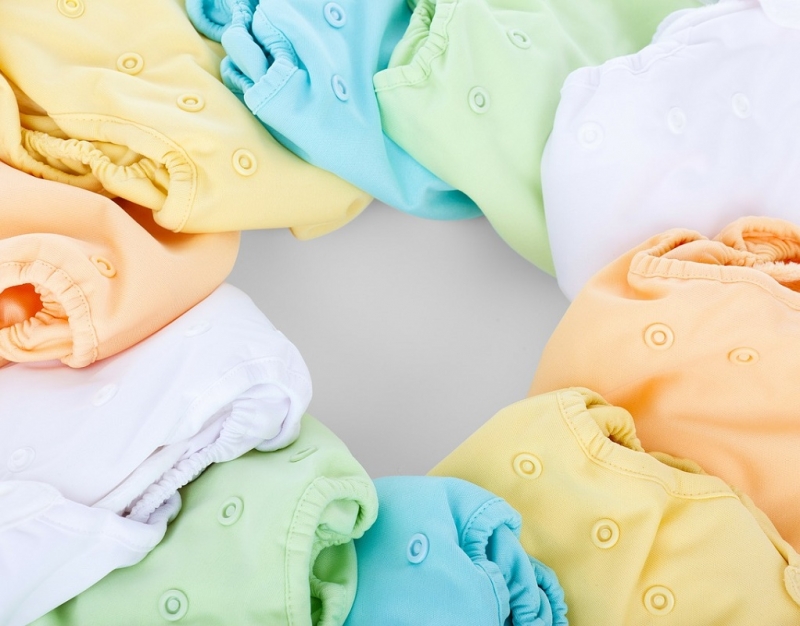
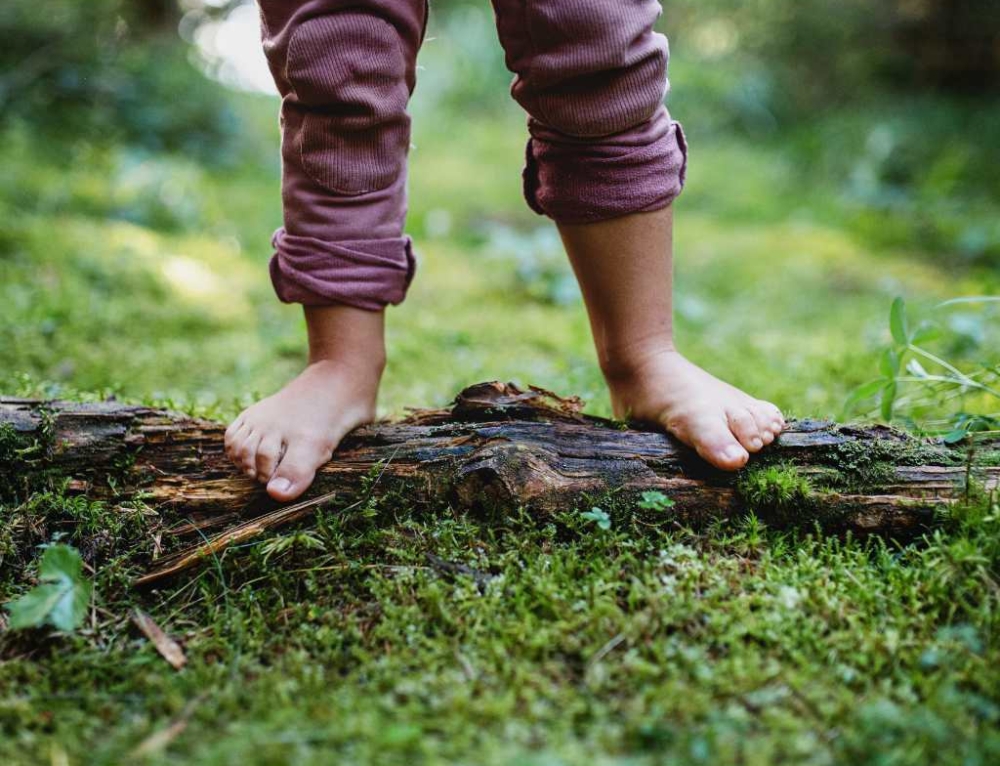
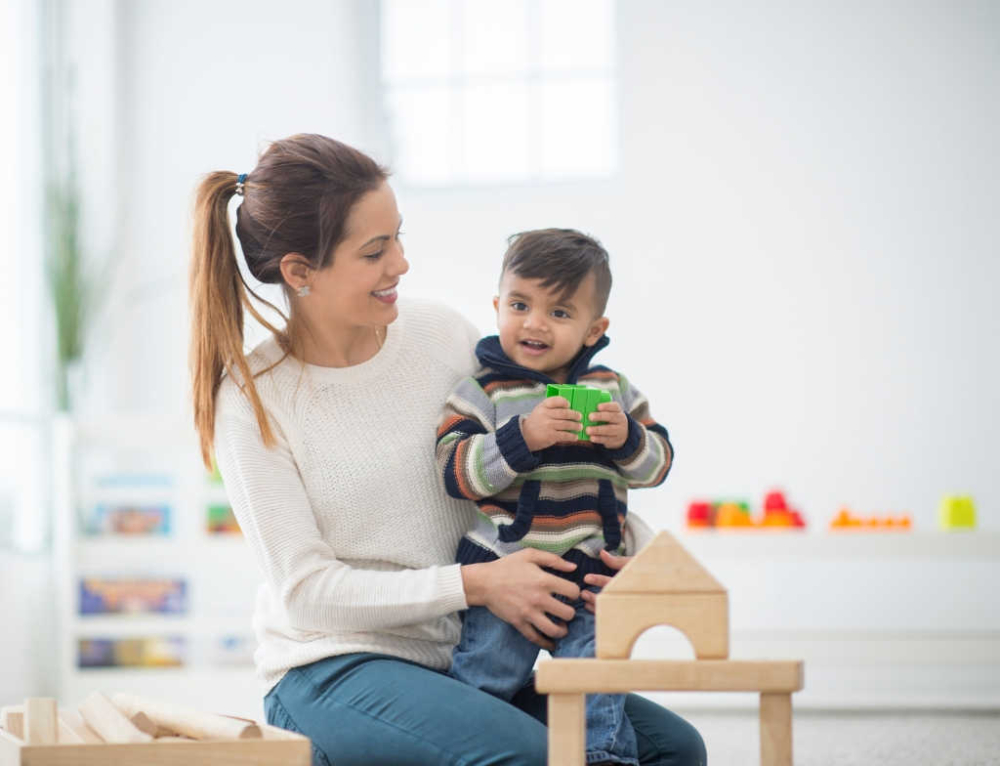

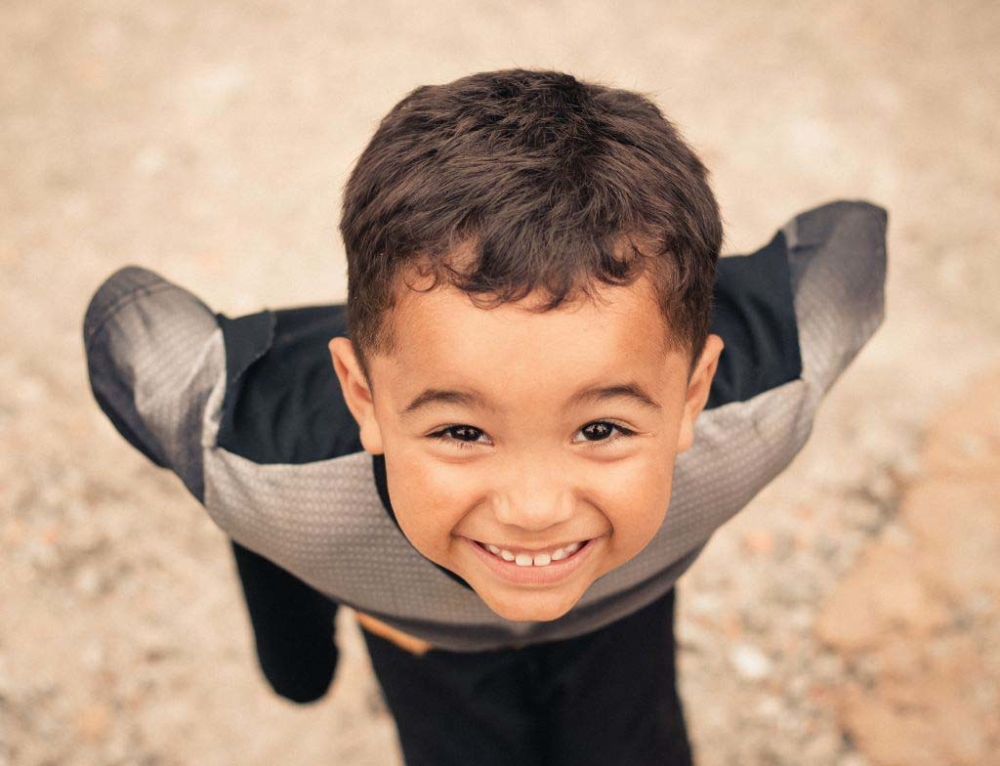
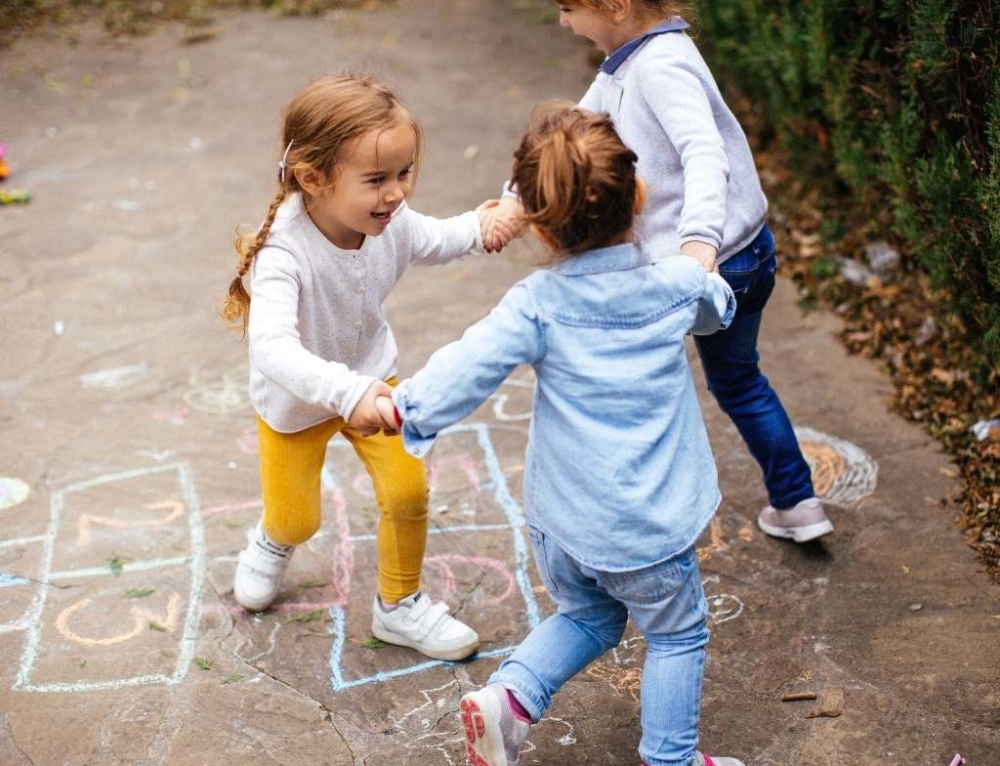
Leave A Comment
You must be logged in to post a comment.